Fortaleza Withholds Agency Budgets
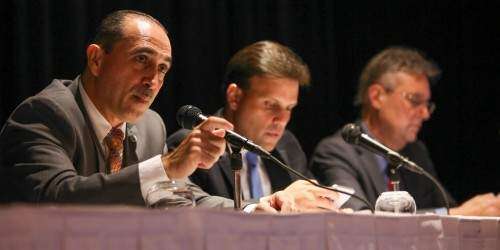
After almost a month under close scrutiny by the Fiscal Control Board (FCB), Governor Ricardo Rosselló has finally submitted a consolidated budget of $9.562 billion for next fiscal year, including the first phase of the cutbacks approved in the certified fiscal plan. However, the itemized details for each agency will not be disclosed until Thursday.
According to Rosselló Nevares, this is the first balanced budget to include the actual expenses for every agency, while also taking on the total payment to pensioners, so it shouldn’t be compared to prior budgets.
‘In the past, they used to work with the fund of assets, and now we’ll be drawing from the General Fund. This significantly changes the revenues and expenses. This is the first budget to be balanced and include absolute clarity about the cash flow,’ the governor told the press during a round table in Fortaleza.
Rosselló Nevares noted that adding this item—as well as the employees’ contribution differential—to the previous debt budget allocations for the various agencies will yield a greater amount when compared to last year’s budget, even if that is not actually the case. Without those line items, the operational budget is about $7.44 billion.
For his part, José Marrero, director of the Office of Management and Budget (OMB), said that the budget for next fiscal year should not be compared to that of previous years, since the one submitted today is a transitional budget. This budget gathers unpaid expenses from the current budget and adds the actual expenses the agencies will have starting on July 1.
‘That practice should end in 2018,’ the OMB director upheld. Nonetheless, it was not disclosed how much of those $590 million in government payments and debts consigned to the new budget—even if they belong to the current one—could be frozen or allocated to the federal court after the government files for bankruptcy.
The submitted budget includes a 47% reduction to subsidies and incentives. According to the approved fiscal plan, the UPR will suffer a $149-million cutback next year, and the municipalities will receive $175 million less from the general fund. And from this budget going forward, the multi-annual allocations will be eliminated.
‘Operational expenses will be significantly reduced,’ the governor revealed. The government’s operational expenses are being reduced by 9.1%, which includes a 32% cutback from advertising and marketing expenditures, 40% less in expenses for supplies, and a 13% reduction to the governmental payroll administration, which includes freezing vacant posts and keeping fewer trusted employees.
It also contemplates reductions through the upcoming consolidations of agencies related to economic development and family affairs.
The governor understands the delay in the adjustments made by the Fiscal Control Board advisors, ‘because the budget needed to be robust; it had to be balanced.’
The budget also allocates $400 million to debt service payments, and it includes allocations for the expenses incurred on bankruptcy lawsuits through the Fiscal Agency and Financial Advisory Authority (FAFAA).
Health agencies, as well as the Public-Private Partnership Authority (PPPA), will see an increase in their allocations. The governor added that the budget also contemplates an increase in allocations for permanent works.
Popular ahora

Bienvenido a Noticel
Empieza a crear una cuenta
Verificación de cuenta
Te enviaremos un correo electrónico con un enlace para verificar tu cuenta. Si no lo ves, revisa tu carpeta de correo no deseado y confirma que tienes una cuenta vinculada a ese correo.
Has olvidado tu contraseña
Introduce el correo electrónico de tu cuenta y te enviaremos un enlace para restablecer la contraseña.
Has olvidado tu contraseña
Le hemos enviado un correo electrónico a {{ email }} con un enlace para restablecer su contraseña. Si no lo ve, revise su carpeta de correo no deseado y confírmeme que tiene una cuenta vinculada a ese correo electrónico.
Personaliza tu feed
Verifica que tu dirección de correo electrónico sea correcta. Una vez completado el cambio, utiliza este correo electrónico para iniciar sesión y administrar tu perfil.
Elige tus temas
- Deportes
- Economía
- El Tiempo
- Entretenimiento
- Más
- Noticias
- Opiniones
- Última Hora
- Vida y Bienestar
- Videos y Fotos



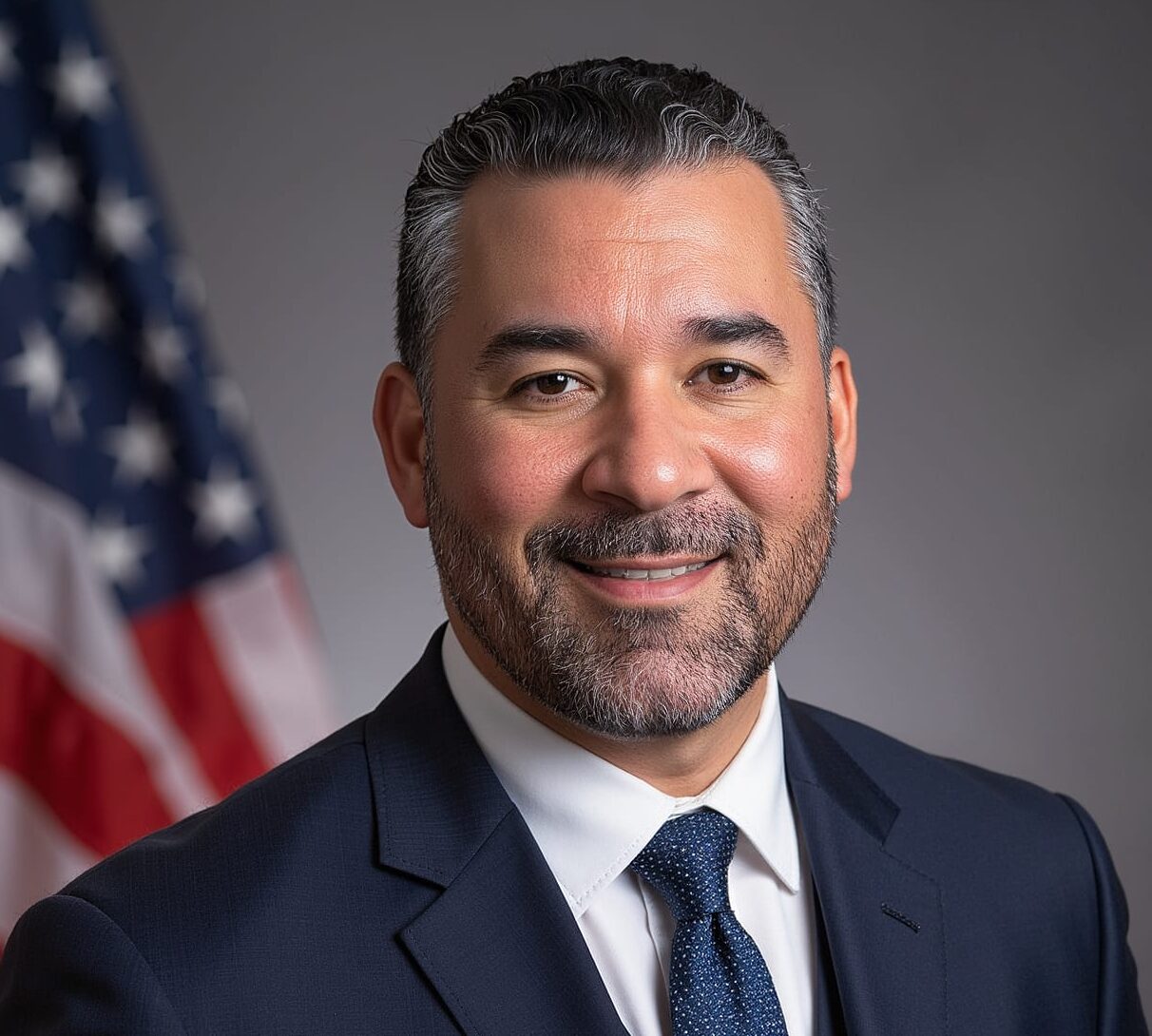



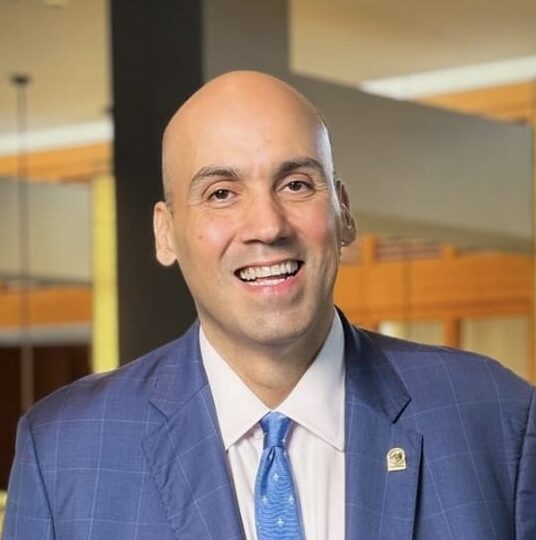
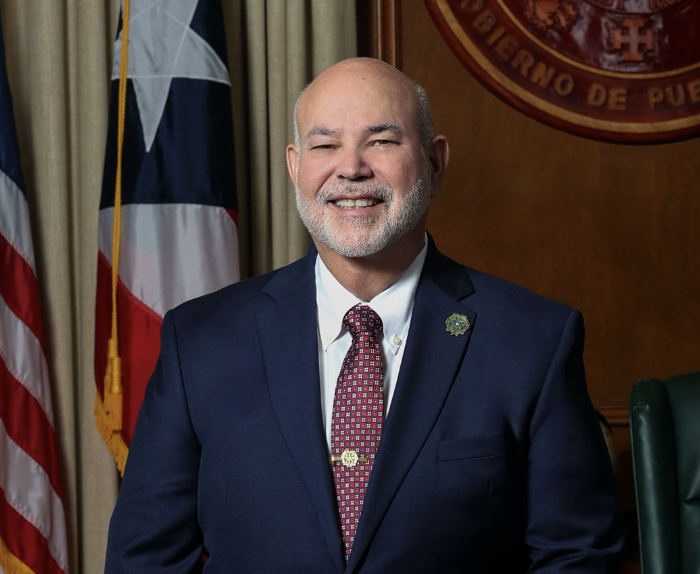

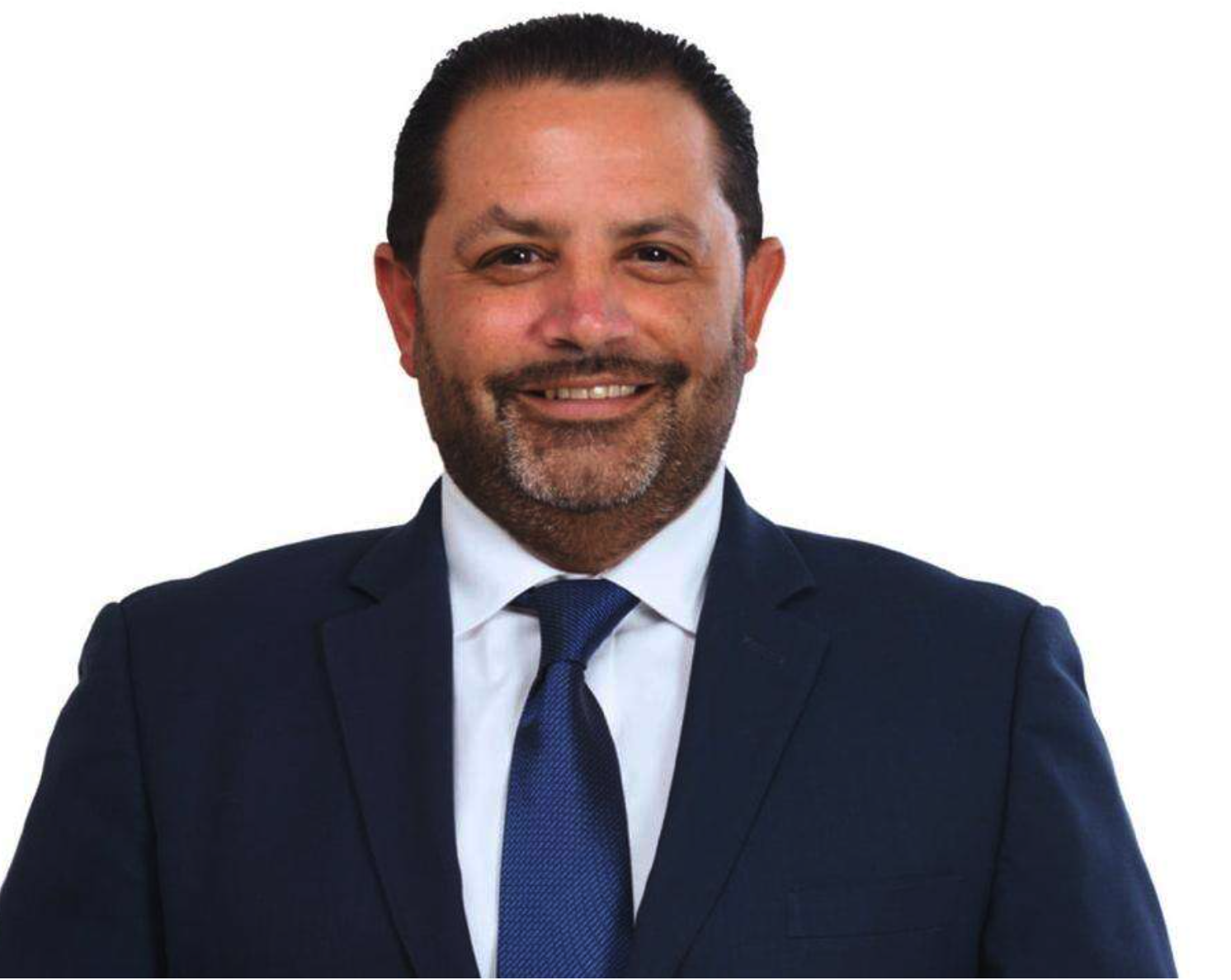

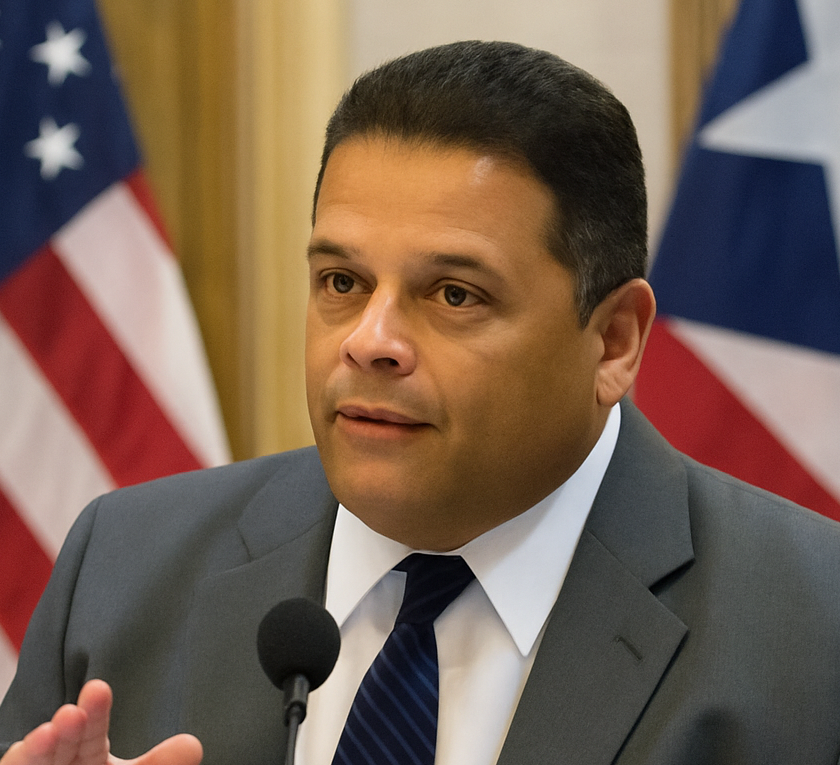













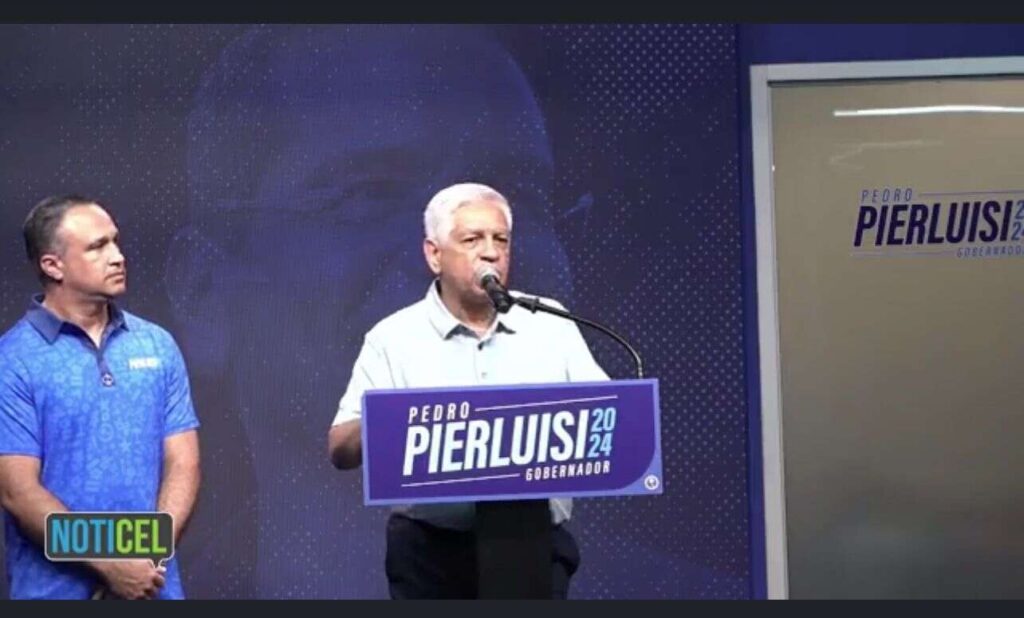
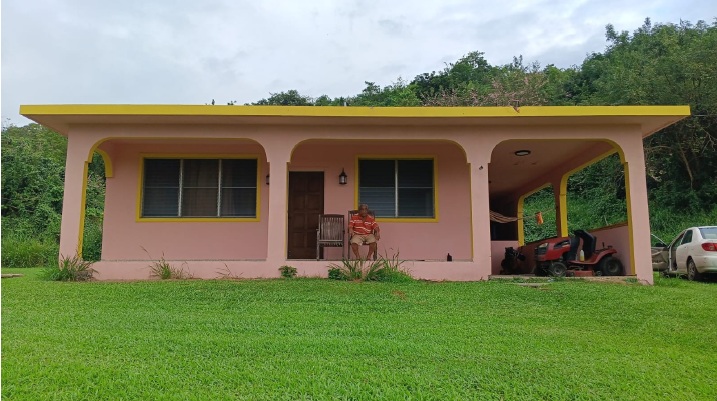

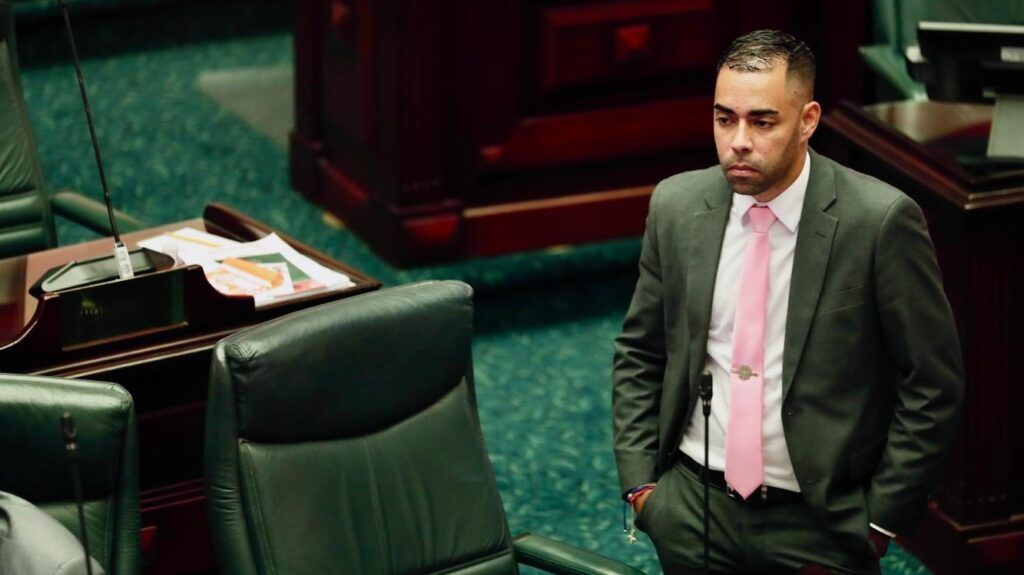


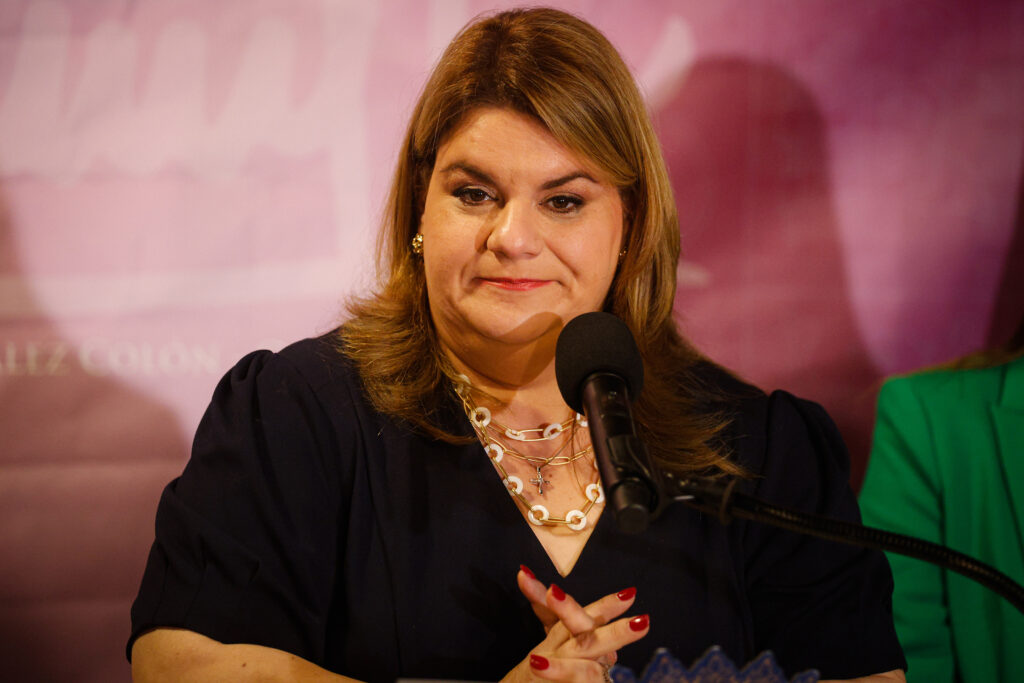
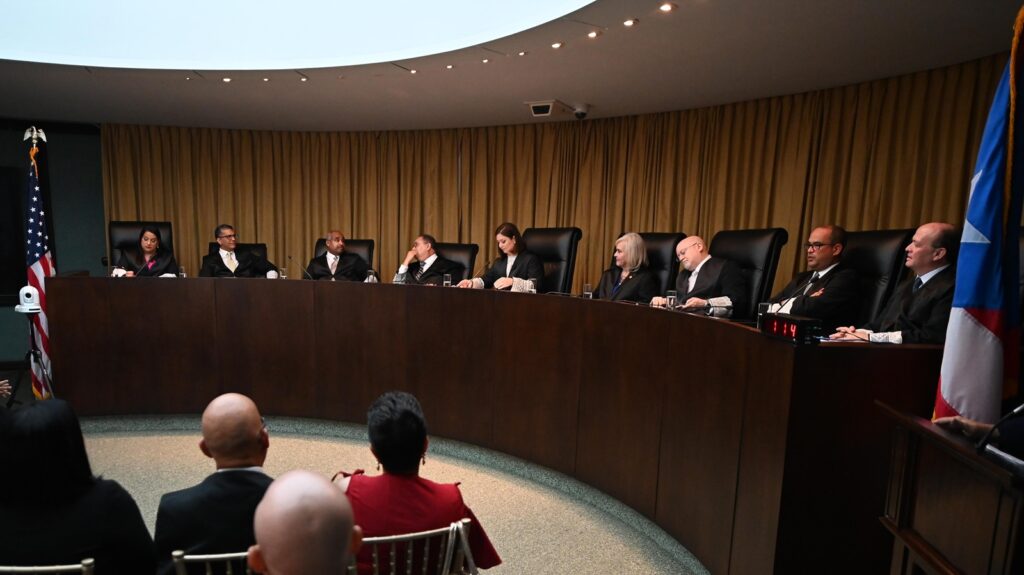

Comentarios {{ comments_count }}
Añadir comentario{{ child.content }}